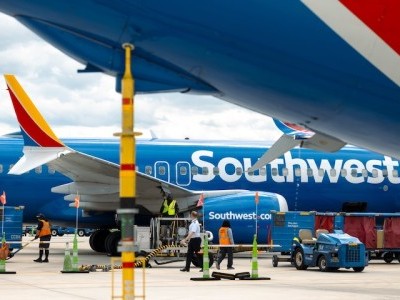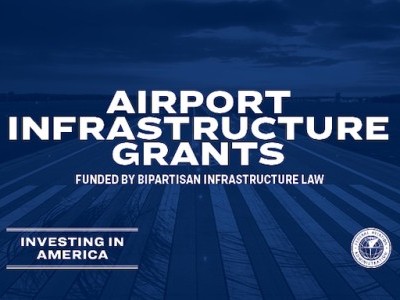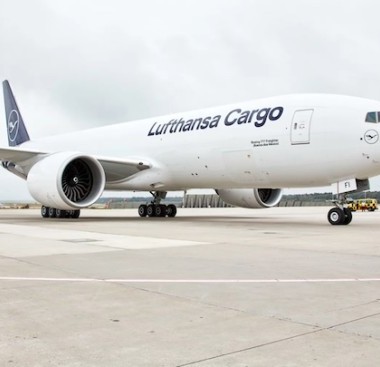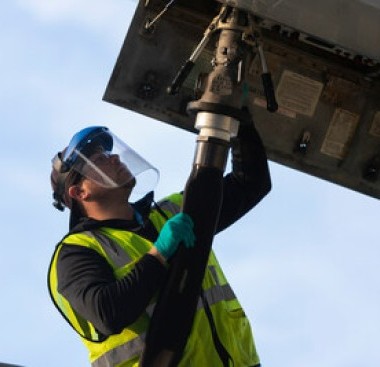Watchdog calls FAA oversight still inadequate after reforms
The U.S. regulator that approved the flawed Boeing Co. 737 Max design has continuing weaknesses and is vulnerable to “future high-risk safety concerns,” a government watchdog report found.
The Transportation Department’s Inspector General said that the Federal Aviation Administration hasn’t put in place thorough oversight of Boeing employees entrusted with approving aircraft designs and continues to struggle with limited engineering resources.
The report, which hasn’t been released, was reviewed by Bloomberg News. It was first reported by the Seattle-Times.
Two 737 Maxes crashed, partly as a result of a flawed design in the flight-control system, killing 346 people and leading to a 20-month grounding.
“While FAA and Boeing followed the established certification process for the 737 Max 8, we identified limitations in FAA’s guidance and processes that led to a significant misunderstanding” of the system on the plane linked to the crashes, according to the report, which was written by Matthew Hampton, assistant Inspector General for aviation audits.
The Max 8 is one of several versions of the plane.
That flight control feature, known as Maneuvering Characteristics Augmentation System, automatically pushed down the noses of the two planes that crashed after a malfunction. Pilots eventually lost control on a Lion Air flight off the coast of Indonesia and on an Ethiopian Airlines flight near Addis Ababa.
The report repeats findings from other investigations of the 737 Max as well, such as that FAA officials weren’t given details about design changes to the plane and the agency didn’t have the expertise and manpower to adequately oversee the company workers approving aspects of the plane in behalf of the government.
Congress in December passed legislation requiring changes at the FAA and strengthening its staffing in the division that oversees Boeing.
In a response appended to the report, the FAA said it is taking “numerous steps to reform its certification process.” It has agreed to all 14 of the Inspector General’s recommendations and said they would be completed by 2025.
Boeing, in a statement, said it had cooperated with the Inspector General’s review and has already implemented several of the recommendations that it calls for and made other safety improvements.
“We appreciate the Inspector General’s review of the 737 Max design and certification, as well as the recommendations to strengthen and improve the regulatory process,” the company said.
Similar Stories

Southwest Air pulls out of four airports in growth slowdown
View Article
Biden-Harris Administration announces $76 million in grants from Bipartisan Infrastructure Law to modernize airports
View Article
IAG Cargo transitions 160-truck fleet at London Heathrow to hydrotreated vegetable oil
View Article
Cargo iQ appoints new Board as it drives implementation of new membership engagement schemes
View ArticleIt’s a “lessors’ market” says IBA, as engine lease rates and market values escalate
IBA experts predict a 40 per cent increase in shop visits from 2024 to 2025
View ArticleSouthwest Air is considering ditching unassigned seating
Southwest Airlines Co. may ditch open seating, a classic hallmark of its business model, to offer assigned spots and premium seats in a bid to appeal to a younger generation…
View ArticleGet the most up-to-date trending news!
SubscribeIndustry updates and weekly newsletter direct to your inbox!





